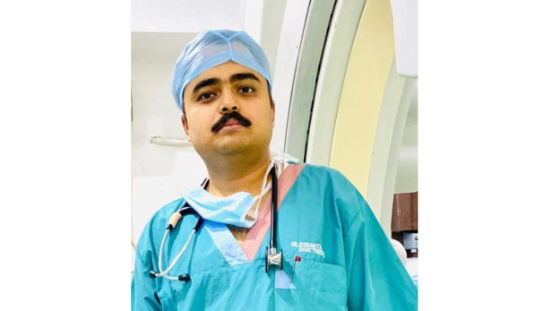- Home
- Speciality specific Q&A
- Cardiology
- Heart Disease
Can extreme fear and stress lead to a heart attack or cardiac arrest in someone under 25, even if they don't have a history of heart problems? I'm really curious because I've been feeling super overwhelmed lately and it worries me.
Can extreme fear and stress lead to a heart attack or cardiac arrest in someone under 25, even if they don't have a history of heart problems? I'm really curious because I've been feeling super overwhelmed lately and it worries me.
Can extreme fear and stress lead to a heart attack or cardiac arrest in someone under 25, even if they don't have a history of heart problems? I'm really curious because I've been feeling super overwhelmed lately and it worries me.
Extreme fear and stress can trigger a condition known as Takotsubo cardiomyopathy, also called "broken heart syndrome," which mimics symptoms of a heart attack. In young people below 25, the risk of a heart attack or cardiac arrest due to extreme fear and stress is very low. However, it is important to manage stress and anxiety to maintain overall heart health



